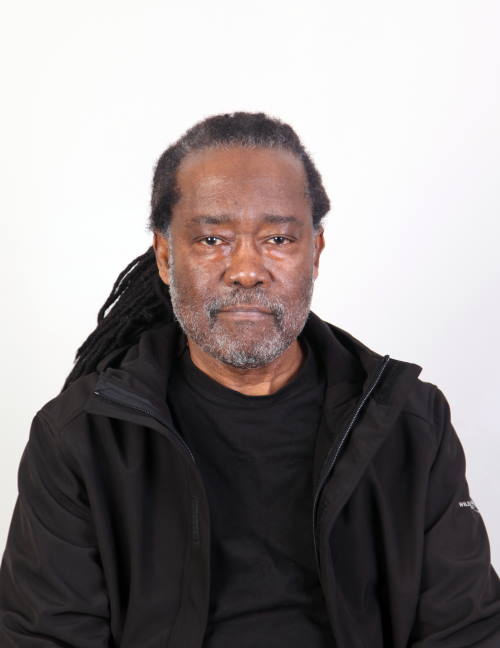 THE HAGUE:--- A group of Antillean people from the southern Dutch cities of Eindhoven and Tilburg have banded together to portray the narrative of slavery on the islands of the former Netherlands Antilles. They are tired of being misled by the government, public media, and even their own interest groups, such as the National Institute of Dutch Slavery History and Legacy (NiNsee) and several of its local representatives, the Committees 30 June-1 July.
THE HAGUE:--- A group of Antillean people from the southern Dutch cities of Eindhoven and Tilburg have banded together to portray the narrative of slavery on the islands of the former Netherlands Antilles. They are tired of being misled by the government, public media, and even their own interest groups, such as the National Institute of Dutch Slavery History and Legacy (NiNsee) and several of its local representatives, the Committees 30 June-1 July.
Kenneth Cuvalay, chairman of the political party Ubuntu Connected Front (UCF) Tilburg/Caribbean and the 'St. Eustatius African Burial Ground Alliance', is one of the campaigners. "It is shameful to hear and read everywhere that slavery in the former Dutch colonies was abolished 150 years ago instead of 160.
We are aware of the 10 years of apprenticeship in Suriname, and we understand why the Surinamese community stresses the year 1873 rather than 1863. But there was no apprenticeship in Curaçao, Aruba, Bonaire, St. Maarten, St. Eustatius, or Saba, and it is unacceptable that the history of almost 500,000 Antilleans is simply hidden."
Shocking disinterest in the islands' slavery past
There is also a widespread misperception that slavery on the islands was not as horrific as in Suriname as if suffering can be compared. The slavery past of the islands must be made more public in the Netherlands, and the government and public broadcasters must be careful not to propagate information without first thinking about it or conducting a study. They've had 160 years to accomplish this.
Doing honor to the variety of the islands' histories through video and publication
Earlier this week, the group of Antilleans released a video to raise awareness about the issue. A project application was also recently submitted to the Mondriaan Fund to record and publish the unique history of each of the islands by the islanders themselves.
Not Ketikoti but Emancipation Day
The Antillean citizens also seek a new name for July 1, something that is acceptable to the entire Afrikan diaspora community, rather than Ketikoti, a Surinamese phrase meaning "broken chains." According to the group, the phrase Emancipation Day is commonly used on the Windward Islands of St. Maarten, St. Eustatius, and Saba, but a new name is also possible.
All histories matter
"You don't have to spend weeks in the archives to learn the fundamentals of the Dutch Kingdom's abolition of slavery," Cuvalay says. "We do what we have to do, but this, too, is an example of how the legacy of slavery lingers in our legal, social, economic, and educational systems. That is why decolonization is also one of the so many aspects of reparations.
It is rather tragic that we as individuals must now seek a subsidy in order to rebut basic false information provided by the government, public broadcasters, and our own interest organizations. We would rather concentrate on a worthwhile memorial year and delve deeper into the many holes in our history of slavery.”












